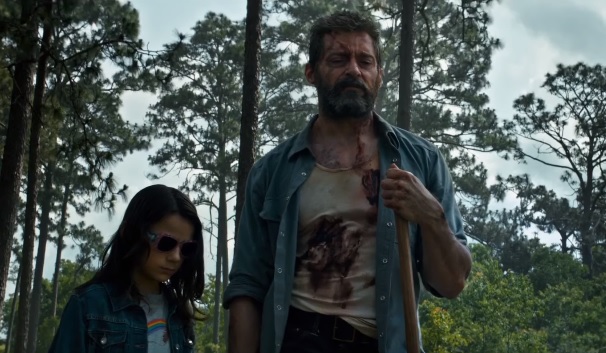Director: Francois Ozon
Runtime: 113 minutes
At around the 50 minute mark, Francois Ozon pulls back the curtain on the big question lingering over his latest movie. It’s skillfully handled and beautifully acted, but then you realize that there’s still an hour left. What on earth can fill up that much time? Based on Ozon’s track record, anything is on the table. The remainder of Frantz, his latest endeavor, could meander and overstay its welcome. Or, just maybe, it has something else up its sleeve to justify laying its cards on the table so early. For those who have followed the director through his ups and downs, you can breathe easy. This time he’s not only sustained his narrative momentum, but actually built one of the most carefully layered stories of his career.
Ozon’s gift and curse has always been his efficiency. Like Woody Allen, he shoots quickly and hops from one project to the next. And, like Allen, this is not always a good thing. Ozon’s prolific nature means there are plenty of entries in his filmography that, while not bad, nevertheless feel half-baked. His previous effort, 2015’s The New Girlfriend, certainly suffered from his own speediness. As did 2014’s Young & Beautiful, which had its strengths (most notably its conclusion), but still felt a bit like a sketch, rather than a fully-realized idea.
But when Ozon really puts his mind to it, his efficiency can yield powerful dividends, as is the case with Frantz. In the tradition of Swimming Pool, Under the Sand, and 2013’s In the House (his most recent full-blown triumph), Frantz showcases the writer/director’s gifts working at full power. Ozon’s own restlessness, after a few cycles of disappointments, has once again manifested in the form of crisp, surprising storytelling anchored by intelligently chosen backdrops designed to enhance and inform the spare drama on screen.
Set in the the almost immediate aftermath of World War I, Frantz opens not in France, but in a rural village in Germany. There we meet Anna (luminous newcomer Paula Beer), a young woman mourning the death of her fiance (the titular Frantz), while doing her best to maintain a normal life among her would-be in-laws. Then one day she finds flowers on Frantz’s grave from an unknown mourner. Mere hours later, she meets the man responsible: a young Frenchman named Adrien (Pierre Niney, adorned with a toned-down Dali moustache). Anna’s father-in-law to be (Ernst Stotzner) is initially abhorred by the Frenchman’s presence (in his mind, any and all French men are guilty of his son’s death), but Anna and her mother in law (Marie Gruber) are more receptive.
Ozon introduces Adrien so quickly that it’s almost a shock he waits until 50 minutes or so before the big revelation. Yet all throughout there are both clues and red herrings, rendered with great subtlety through both the dextrous script and intuitive performances. Even before we grasp the extent of what’s going on, the nimble movements on the actors’ faces speak volumes. Said volumes only increase in meaning in retrospect, when the full weight of the story reveals itself.
One can easily make the argument that Ozon is France’s answer to Pedro Almodovar, and it shows here, albeit with less florid execution. Shot mostly in crisp black and white (calling to mind The White Ribbon), there are times when the secrets and half-truths of Frantz seems like they might collapse in a heap of melodrama. But, delicate as the set up may be, Ozon uncharacteristically maintains his balance the whole way through. There are no odd diversions or subplots. The more traditional mystery gives way to a deeper, richer examination of grief and perception, all plotted with an efficiency that miraculously never undercuts the emotional depth of the story.
With its big twist planted squarely in the middle, Frantz risks coming off as two separate stories vying for attention. But Ozon’s playfulness with structure continuously reveals itself to be a tremendous boon. The two halves of Frantz clever play off of each other, with the latter functioning as an inversion of the former. And in the second half, Ozon avoids mere repetition, and instead deepens both his characters and their existential quandaries. Ozon refrains from directorial theatrics, focusing instead on simply telling a story full of movement with exceptional control.
Aside from one character’s change of heart in the first 20 minutes, everything in Frantz flows together authentically. These are ordinary scenes in the hands of a gifted storyteller with the skills to bring out the extraordinariness lying just under the surface. So often with Ozon’s work, the lack of immediate passion in one’s response signals that a viewer is shrugging off a well-crafted yet hollow provocation. Here, however, the delayed response is only a tease, with the real treat lying in revisiting and replaying the conversations that oh-so-delicately prop up this sumptuous exercise in melodramatic classicism.
Grade: A-
Frantz opens in NY and LA on March 15, 2017.


